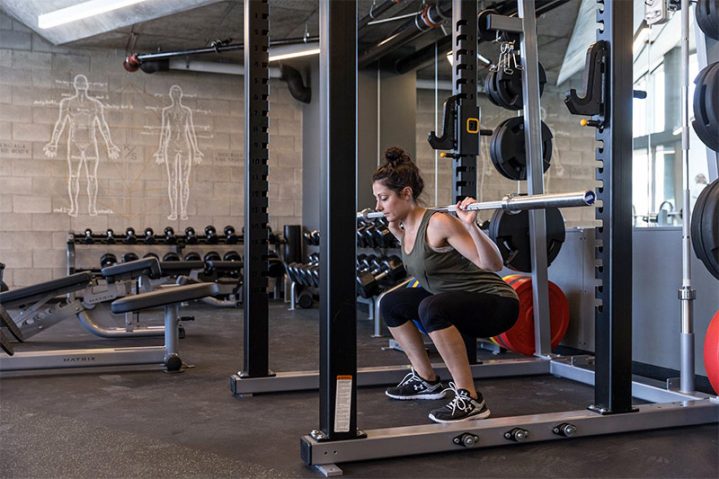
According to Options for Youth, research has shown that students perform much better in the classroom environment when they’re well-nourished and eating healthy snacks that contain fewer calories, and lots of fiber. Students need to eat healthy foods in order to achieve the academic success they’re striving for. In fact, eating a healthy diet gives your brain and your body the minerals needed to stay fit. But eating and maintaining a healthy diet can prove to be a lot more difficult for students than anyone else – especially when you’re a busy student running from one class to the next.
College students face many day-to-day obstacles. They have to juggle class, friendships, work, and health through dieting and exercising along with maintaining good mental health to perform all these tasks to the best of their ability. Fortunately, institutions like Oregon State University are working to help implement healthier eating habits on campus that they believe will benefit students. But these institutions can’t do it alone. In other words, students must find ways to incorporate time each day to go biking, walking, and do whatever it takes to take their mind off things to help them stay fit and stress-free.
So, what are some resources universities are pushing their students to take advantage of – while managing homework, relationships, and life itself?
Exercise: Making sure your body gets enough exercise is extremely important everyone. It allows you to keep a sharp mind and a healthy body. The majority of students, however, find it extremely difficult to stick to their weekly routine when it comes to hitting the gym and staying active. That being said, it’s important to realize that getting in shape doesn’t happen overnight. One thing students can try is biking or walking to class. This is a great way to stay in shape throughout the course of the semester and improves personal endurance.
Generally speaking, students need about 30 minutes of cardio at least three times a week in order to stay healthy, and that time doesn’t have to be done all at once, which means students can break it up however they want to. A bike ride to class across campus, ten minutes of jumping jacks, and sit-ups just before going to bed should meet all the cardio requirements for the day. If the weather’s bad outside, that shouldn’t stop you since most universities have state-of-the-art facilities and offer group exercise classes.
Healthy Social Life: For college students, in particular, it can be hard trying to manage a healthy social life when you have to worry about things like financial aid, projects, and exams. With so many students on campus – depending on how big the university is – and with technology, pushing students towards a virtual world, finding someone other than the professor to talk to can be a real challenge. But maintaining your social life and expanding your inner circle is a vital part of being in college and shouldn’t be ignored. Not only is socializing beneficial to your well-being, but it’s also a great way to learn away from the traditional classroom environment.
One way college students can meet new people, for instance, is by joining different clubs and organizations located throughout campus. Most schools, like Oregon State University, offer a number of clubs and academic organizations for students to be a part of that range from art history to mechanical engineering; meaning that your social life could make studying for exams and projects a lot easier.
Finding ways to create a support group is another great way to get to know other students in your class. Joining club sports – like flag football, and volleyball – is an even better way to squeeze in some exercise and make friends with others who have similar interest.
Take Study Breaks: With finals just around the corner, it might be difficult for students to find time to de-stress, but taking breaks to relax, and clear your head can make the learning process much more efficient. If you’re having a hard time pulling yourself away from the computer and PowerPoint slides, take a walk around the quad and see what’s going on. Most universities – especially during finals week – typically host some sort of event that allows students the ability to just get away from the textbooks and clear their minds. The most popular of these events is typically the presence of therapy dogs.
At Faulkner University, for instance, wagging tails from dogs make for happy students during Wellness Week.
Taking study breaks also allows your mind to process the information being looked over, which means you’re more likely to remember the information come test time. That’s because intense, last-minute studying forces your brain into overdrive, leaving lots of room for error, like forgetting everything you studied during the exam. So when longer study sessions are in place, make it a habit to take short breaks on the regular basis. This will improve blood flow and increase your concentration level.
Ultimately, as a college student, you’ll discover that taking care of yourself and monitoring your needs – such as your mental, emotional, and physical health — will translate into a healthier, happier you and you’ll gain more from the overall college experience.




